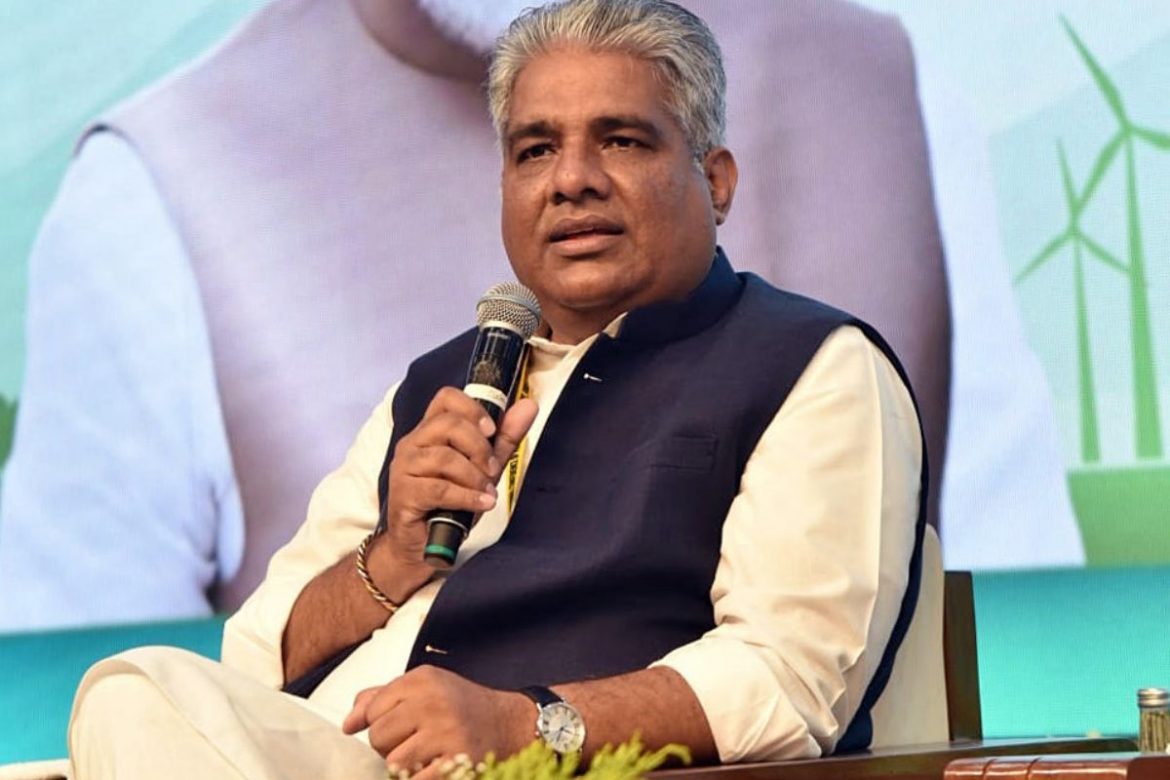Friends from the global north should not profiteer from the climate crisis and traditional responses and greenwashing should be avoided, India’s environment minister has warned.
This charge was given when Bhupender Yadav was speaking at the Raisina Dialogue 2023 conference in Delhi on Sunday, where he also reminded the global north that the climate crisis was unlike other global issues like trade or finance.
India is the world’s third largest polluter even though it stands way below developed countries in per capita emissions and has often been criticised for its use of coal. The country now faces the urgent need to meet the energy requirement of its vast population while simultaneously balancing development and climate action.
India has always argued from the standpoint that developing nations need to get their space to invest in their progress and said the onus was on developed countries as per the UN principle of Common But Differentiated Responsibilities (CBDR).
“I would like to remind, especially friends from the global north, that we must understand that this crisis is starkly different from other global crises of trade and finance, and therefore traditional responses and the tendency of profiteering from a disaster need to shunned,” Mr Yadav said.
Read also: Pollution returns to northern China amidst rising industrial activities
He also criticised “greenwashing”, abrogating historical responsibilities and protectionism in the name of climate action.
“Greenwashing [deceptive claims of eco-friendliness], abrogating historical responsibilities and protectionism in the name of climate action need to be stopped,” the minister said.
Mr Yadav maintained India’s climate policy was focused on sustainable development and poverty eradication while striving to decouple carbon emissions from growth and achieve energy efficiency across sectors and argued that India’s presidency of the G20 countries was achieved partly because of its leading actions in climate issues.
India achieved its first voluntary commitment to address climate crisis in 2015, nine years before the deadline and is the only G20 member to do so, according to the minister.
“Our Long Term Low Emission Development Strategy document is premised on two major pillars of climate justice and sustainable lifestyles alongside principles of common but differentiated responsibility and respective capabilities,” he said.
When reiterating India’s accomplishments in climate action, he said the South Asian country ranks fourth in terms of installed renewable energy capacity as well as wind installed capacity, and fifth in solar installed capacity.
While India’s growth in renewables has been rapid in recent years, experts said the country still needs to do a lot more. Climate Action Network, an independent organisation that analyses various NDCs of countries, deems India’s targets to be highly insufficient.
Story was adapted from the Independent.
